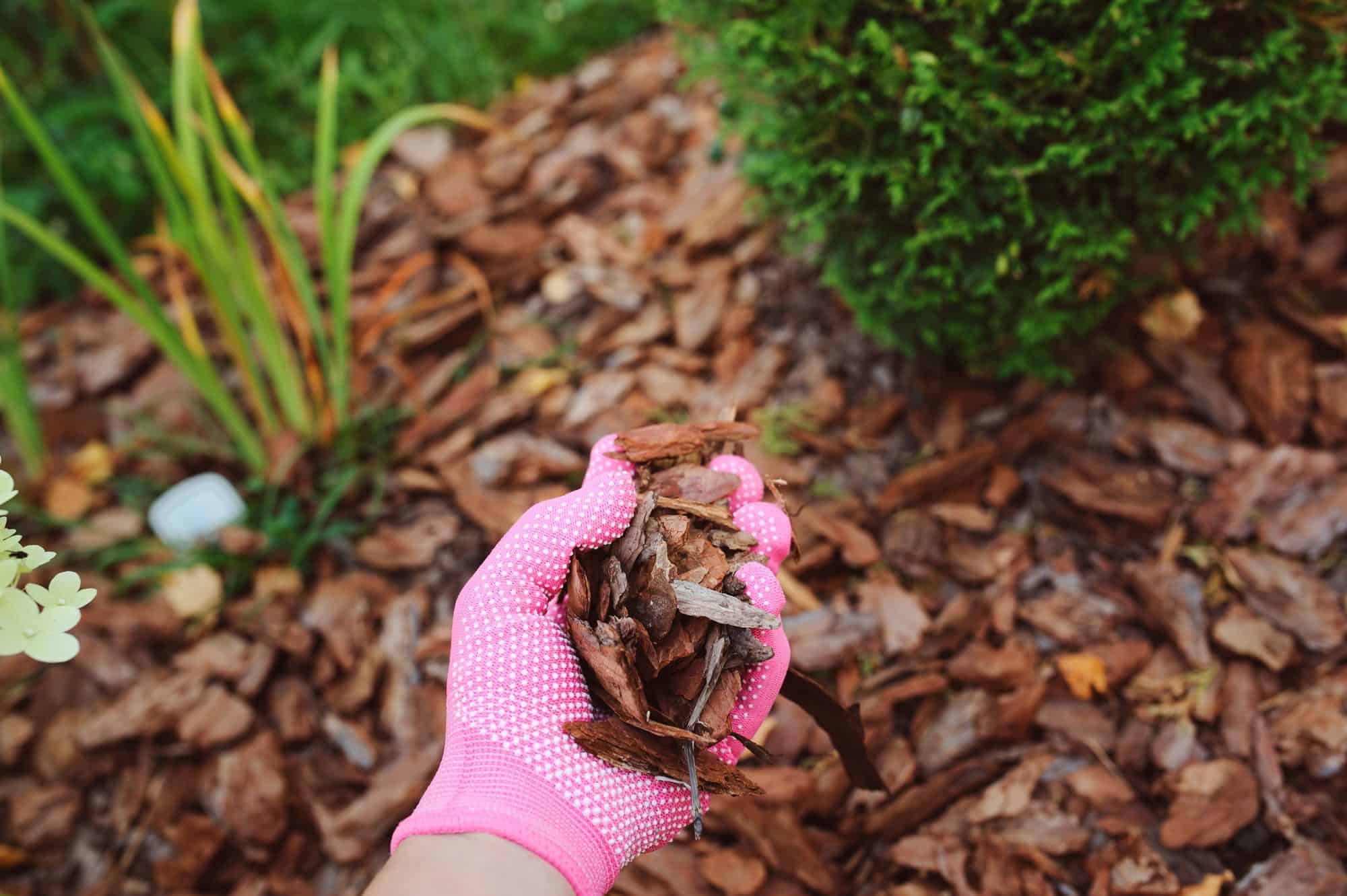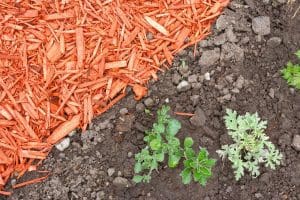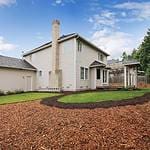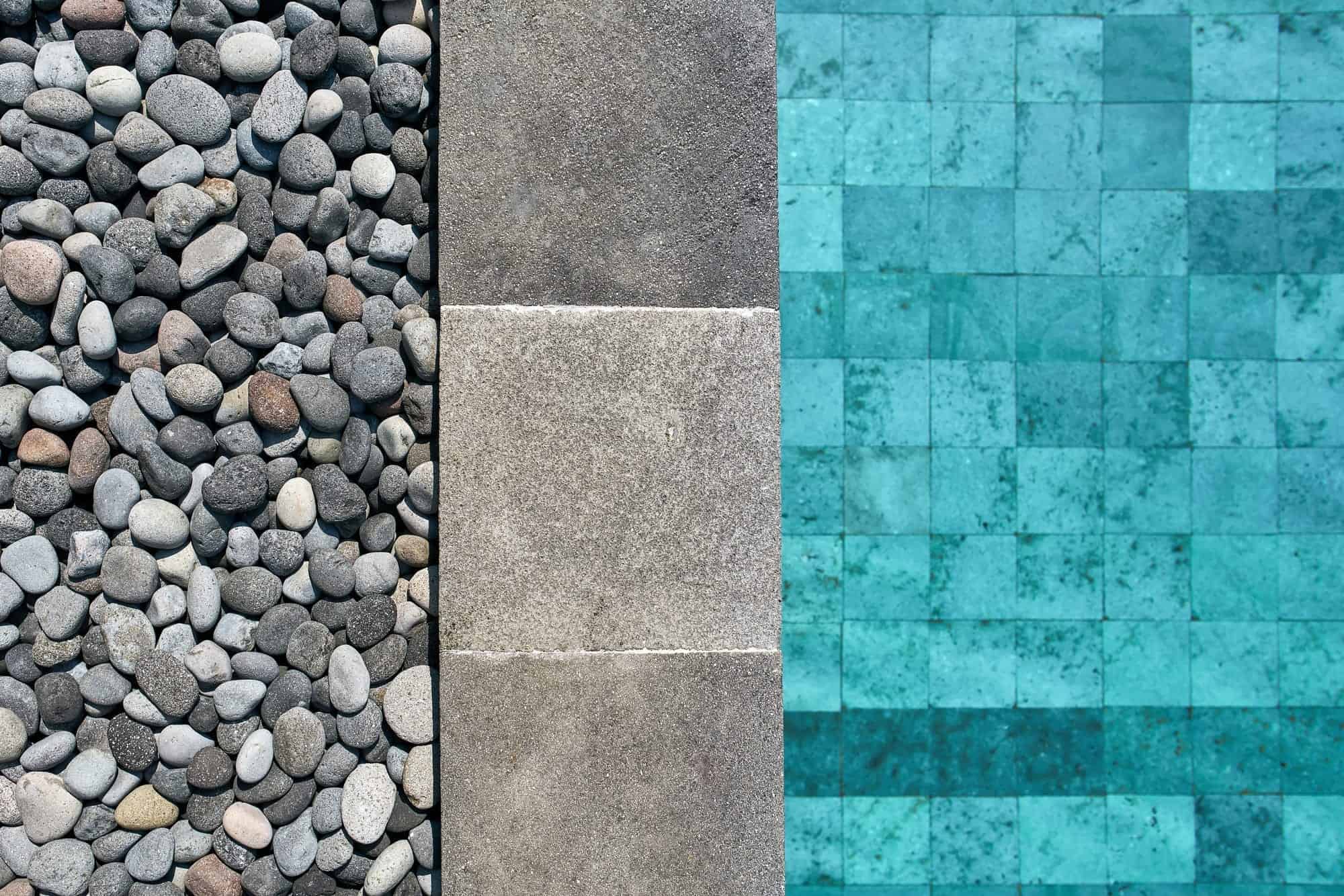
Mulch Myths Debunked: The Truth About Mulching
Mulching is a fundamental practice in gardening and landscaping, yet there are many myths and misconceptions surrounding it. In this blog post, we’ll debunk common mulch myths and separate fact from fiction to help you make informed decisions about mulching in your garden.
Myth 1: Mulch suffocates plant roots
Actually, it does the opposite! mulch helps insulate plant roots, regulate soil temperature, and retain moisture, promoting healthy root growth and overall plant health.
However, it’s essential to apply mulch correctly and avoid piling it against plant stems, which can lead to moisture-related issues.
Myth 2: Mulch attracts pests and diseases

Here’s the 101. While organic mulches like wood chips or bark can provide a habitat for some insects, they generally do not attract pests or diseases.
In fact, mulch can help deter weeds, reduce soil erosion, and create a healthier environment for beneficial soil organisms.
Myth 3: Mulch robs soil of nutrients
Fact: Mulch gradually breaks down over time, contributing organic matter and nutrients to the soil as it decomposes. This nutrient-recycling process enriches the soil, improves its structure, and supports plant growth.
Myth 4: Mulch causes plant root rot
Nope! Properly applied mulch can improve soil drainage, reduce moisture evaporation, and prevent soil compaction, which are all beneficial for preventing root rot.

Using well-draining mulch materials and avoiding excessive mulch depths around plant stems can further mitigate the risk of root rot.
Myth 5: All mulches are the same
Variety is the spice of life- or should we say garden. Mulches vary in material, texture, color, and decomposition rate. Choosing the right mulch for your garden depends on factors like plant type, climate, soil type, and aesthetic preferences.
Organic mulches like compost, straw, or shredded leaves enrich the soil as they decompose, while inorganic mulches like gravel or rubber mulch offer long-lasting weed control and erosion prevention.





